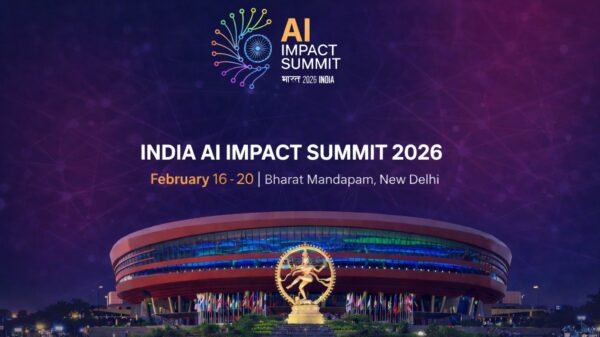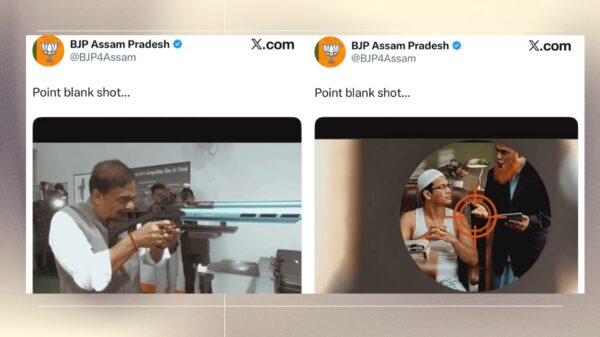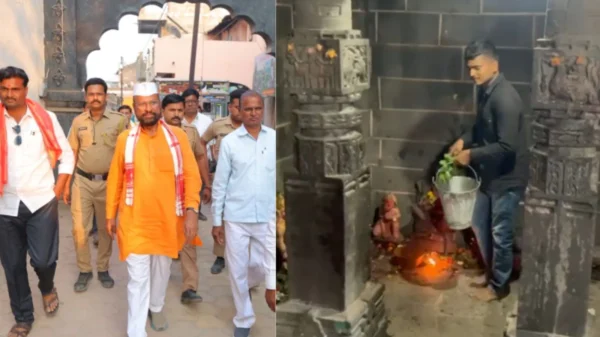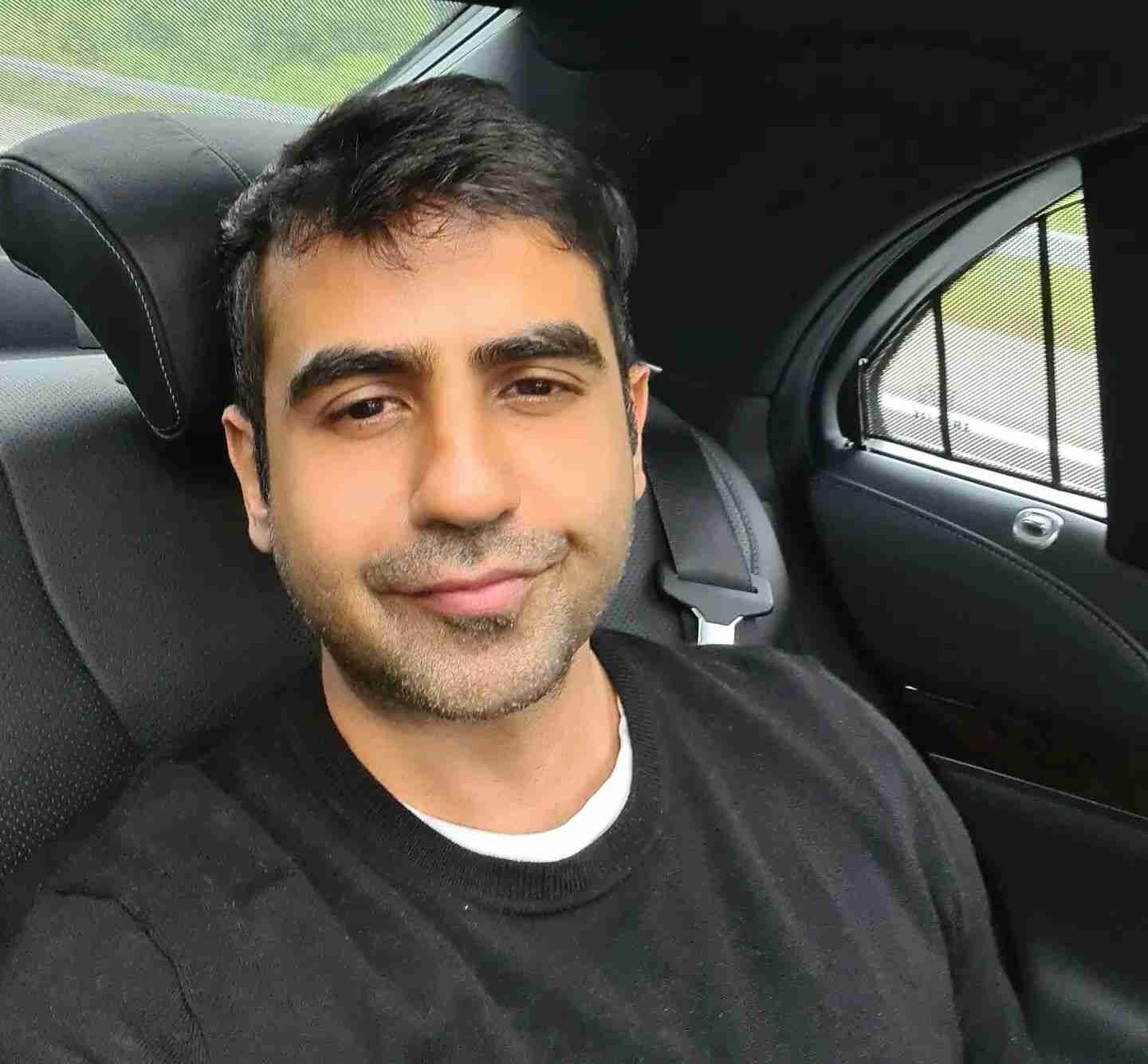Artificial Intelligence is all set to transform countless jobs, yet some uniquely human traits may prove difficult to mirror. According to Zerodha co-founder Nikhil Kamath, creativity will become increasingly valuable in the AI-driven generation.
Speaking on his podcast, Kamath shared insightful observations on the emerging relationship between artificial intelligence and human ingenuity, suggesting that creative thinkers will possess a significant advantage in the future.
“Today, the money spent on AI infrastructure compared to its current revenue likely doesn’t justify the high valuations investors are seeing. How things will change moving forward is hard to predict,” Kamath remarked. Moreover, he emphasized that creativity will command a significant premium. “Every model we discuss can probably predict or suggest the most likely outcomes,” he explained.
Zerodha Co-founder Nikhil Kamath on the Limits of AI

Kamath argued that creativity, by its very nature, counters prediction. “Creativity is about going against the grain — it evolves when someone breaks away from trends. AI models, at best, will predict randomness or follow evolving patterns, but true innovation often lies in counter-trend thinking,” he noted. “This is why creative individuals will become far more valuable.”
Kamath’s perspective underscores AI’s possible limitations. While AI excels at recognizing patterns and making predictions based on past data, genuine creativity thrives on challenging conventions and exploring the unknown. As Kamath concludes, this kind of “counter-trend” thinking is the driving force pushing innovation — something AI, trained on historical data, may find difficult to achieve.
This belief is not limited to him. Scott Adams, the creator of Dilbert, has also argued that AI will struggle to master humor, which often relies on expressing shared thoughts that no one else has ever put into words. “If AI trains on existing jokes, it becomes predictable and dull. It can’t take risks or be edgy, and some humor works best when it pushes boundaries,” Adams observed.
Zerodha Co-founder Nikhil Kamath on Why Creativity Will Outshine AI
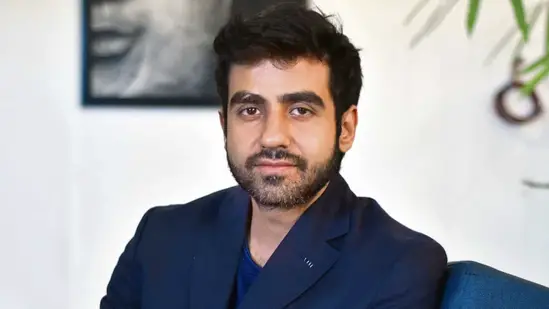
As AI tools grow more proficient at automating routine tasks, the value of human creativity is set to rise. The future job market may increasingly favor those capable of generating fresh ideas, drawing unconventional solutions, and challenging the status quo. In a world largely defined by algorithms, the ability to think differently could become the ultimate jackpot. Kamath’s insights give valuable food for thought as individuals and organizations pave way through the rapidly changing landscape of the AI revolution.
Alongside, Nikhil Kamath’s recently launched podcast, WTF Online, is rapidly gaining traction on social media, largely because of its promise of featuring some of the most influential voices in business, technology, and culture. In a latest episode, Kamath sat down with Aravind Srinivas, CEO of Perplexity AI, to explore the future of artificial intelligence (AI) and its transformative effect on industries. Amid discussions on India’s AI ambitions, job disruptions, and the rapid increase in digital assistants, one insight stood out — Srinivas’ unexpected bet in the AI race.
Zerodha Co-founder Nikhil Kamath on Human Ingenuity vs AI
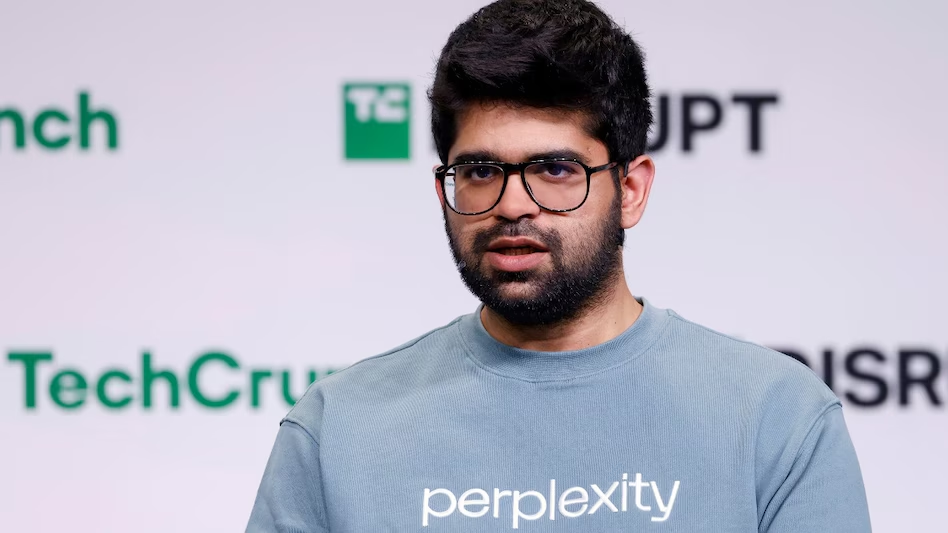
When Zerodha co-founder Nikhil Kamath asked which company he’d back, Srinivas’ answer was astonishing: Meta — not Google, nor even OpenAI.
For Srinivas, the significant shift in an AI-driven world isn’t just about creating better models or inventing more efficient search engines. It’s about human connection. As AI grows more sophisticated, he believes people will desire authenticity, trust, and genuine interactions — areas where Meta holds an upper hand, given its massive footprint in social media.
“Among the listed players within the ecosystem, I would invest in Meta,” Srinivas shared. “In a world where AI works increasingly well, human-to-human connection becomes even more essential. And there’s no sign of that being disrupted on Instagram or WhatsApp.”
His argument is both simple yet thought provoking: Google faces a looming threat as AI assistants begin delivering answers directly, transcending the need for traditional search — the cornerstone of Google’s ad-based revenue model. Contrastingly, Meta’s main strength lies in its ad-driven ecosystem built around social connections, a model that remains largely untouched by AI’s popularity. In fact, Srinivas believes AI could benefit Meta’s business by making its advertising more personalized, precise, and indispensable.
Job Disruptions and the Role of AI in India
This perspective contrasts sharply with the broader concerns about AI’s impact on jobs — a topic that dominated much of the podcast.
Srinivas painted a clear picture of the short-term labor disruptions AI will trigger, particularly in tech. “Not as many people are needed to get work done anymore,” he warned, predicting extensive layoffs and lesser recruitments across the industry.
However, amidst the disruption, he also saw a ray of hope.
India, with its booming startup scene, has a rare chance to sculpt out a niche in AI infrastructure. “India should absolutely train its own models,” Srinivas addressed, emphasizing the need to develop homegrown AI capabilities. “There’s still a long way to go in making models reason, think, and act independently. India has the talent — we need to build our own DeepMind.”
The episode also tended to India’s potential to become a global AI infrastructure leader. As data sovereignty becomes an important issue, Srinivas highlighted the need of developing domestic data centers and AI training facilities. “If we can offer training GPUs faster and at lower costs, the opportunity is immense,” he said, directing to the growing demand for computing power in the AI age.
When Zerodha Co-founder Nikhil Kamath asked him for advice to Indian entrepreneurs, Srinivas was clear: lay your eyes on distribution and scale. Building the next Google or Instagram isn’t just about having superior technology — it’s about solving the cold-start problem and finding ways to rapidly reach users.
Concluding the conversation, Srinivas circled back to his central theme: human connection. In a future where AI masters everything from search to commerce, platforms that nurture real, organic interactions will stand apart. In his eyes, that makes Meta a bet worth promising.








